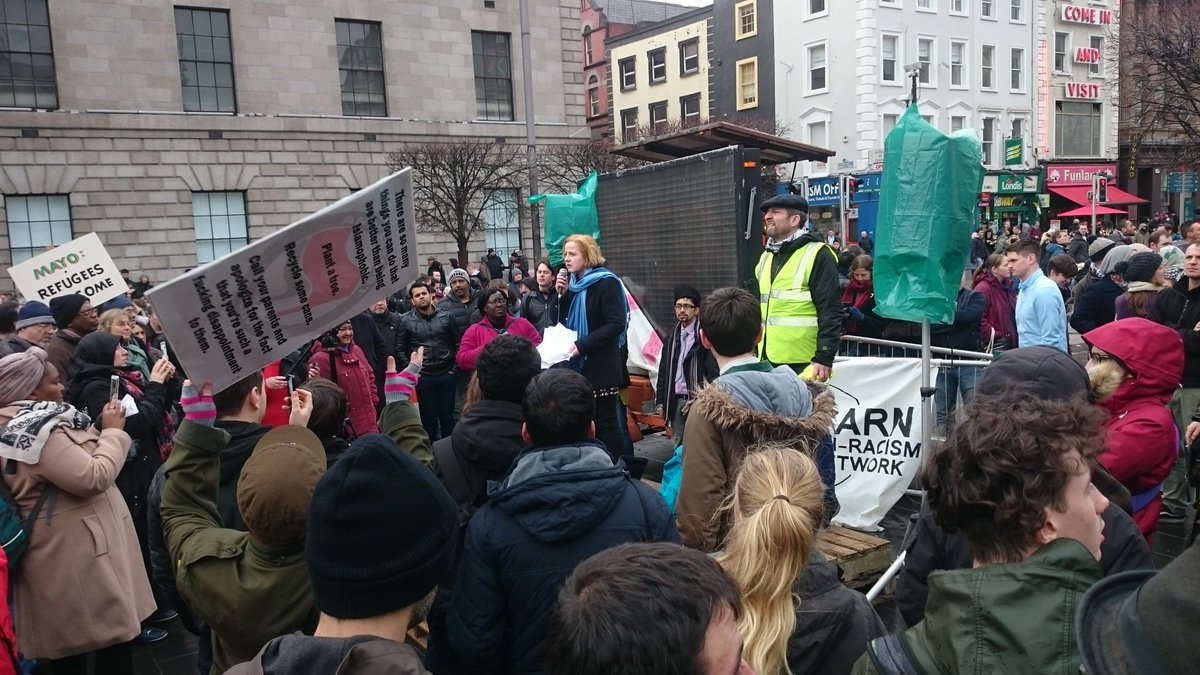Brian Dalton has a terrible short video raging at people who object to Richard Dawkins’s stream of anti-feminist tweets.
He starts out with outrage about the idea of “breaking up with” the great man. He’s not a god, Dalton tells us patronizingly, he didn’t run for president of United Atheists, and he’s not your freakin’ boyfriend.
He’s just another dude on the planet with opinions of his own, some of which you will agree with and some of which you will clearly not. But when he or Sam or Bill or whomever [sic] says something you disagree with, don’t take it as a personal betrayal. Richard never agreed to be your personal spokesman, let alone boyfriend.
And more of the same.
Here’s what he’s not getting. The issue is not mere opinions. It’s not a matter of disagreeing. It’s more than that. It has to do with bullying and harassment. It has to do with RD’s 1.35 million Twitter followers. It has to do with crude jeering as opposed to reasoned discussion.
Then he explains that we don’t need to “follow” anyone, and that we’re all individuals.
That again simply misses the point. It overlooks the fact that a great many people do follow Dawkins, and when he taunts one particular feminist or another, they follow suit. That’s the issue. It’s not pathetic disillusion with a hero we shouldn’t have been worshipping in the first place, it’s disgust that other people’s hero keeps sending harassment our way. It’s disgust that we’re being systematically driven out of the secular / freethought movement, and that Dawkins is helping with the driving out. Dalton either doesn’t recognize that or doesn’t give a fuck. I think it’s probably the latter, since the former is hard to believe.
Then he tells us we shouldn’t write off another human being “simply because they’ve said something we disagree with, however vehemently.” Again: it’s not just “disagreement.”
Then he tells us we’re never going to find someone, especially someone in the media, in the public eye, who agrees with us 100% of the time, and thank deity for that because how boring would that be. Again: not the issue.
Then he says hooray for diversity, because human beings are not simply the sum total of their last tweet.
And when a person has made major contributions in multiple fields of endeavor, it’s best to greet their current folly by recalling the totality of their life.
He just got through telling us not to hero worship Dawkins or anyone, but that claim is hero worship itself. Major contributions in multiple fields of endeavor? That’s a big exaggeration.
The rest of the claim might be true or at least reasonable were it not for the fact that the “current folly” is doing current harm, to actual people.
Then he says more about disagreement, which, again, is not the issue.
Then there’s a little aria about the freethought community and how we’re all not just individuals but individuals who “think different”; we’re freethinkers, provocateurs, contrarians, all around assholes, who love more than anything else to stir up the pot, make you think, and challenge convention.
Maybe so, although there’s a lot of self-flattery in that claim – but even if we are, it doesn’t follow that we have to bully our underlings.
Then he ends with a zinger about purity tests and that’s why he left religion in the first place. Roll credits.
He never once addresses the fact that outgroups may see this kind of thing differently from the way he does and the way Dawkins does.





